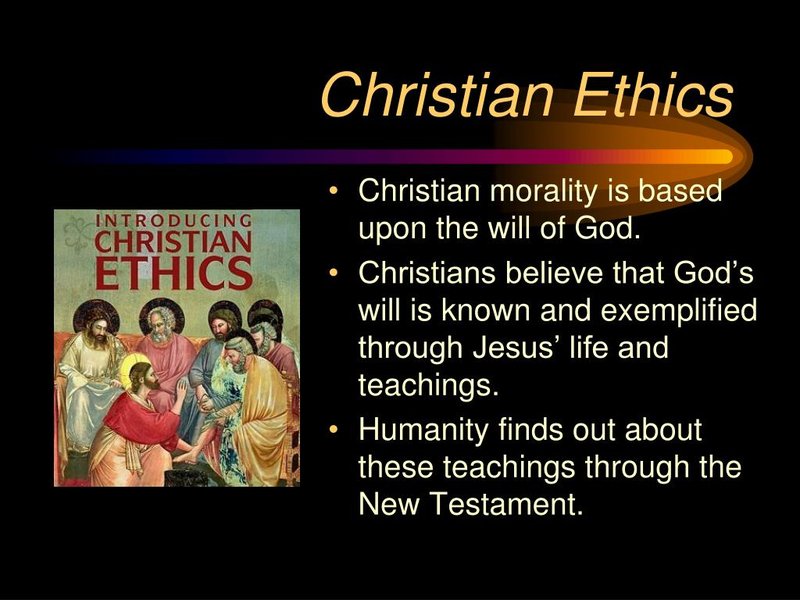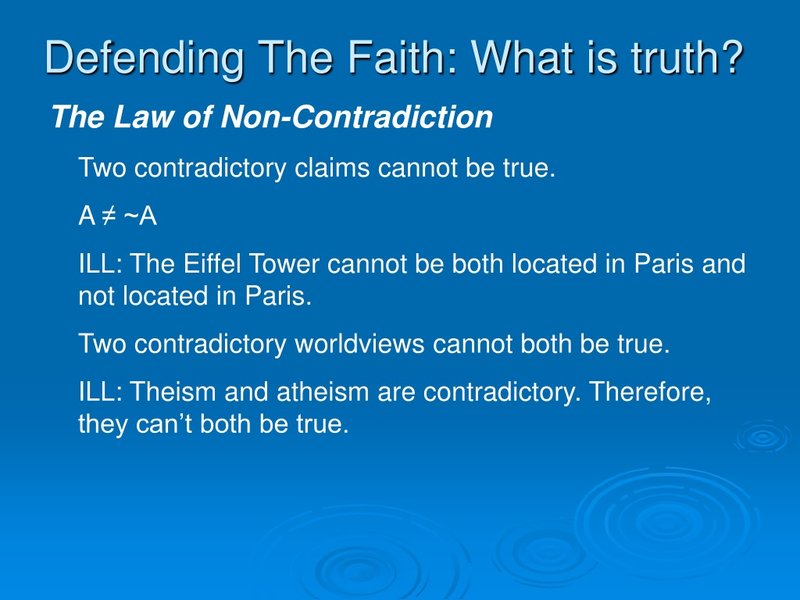· Christian Apologetics · 6 min read
Biblical Morality vs Secular Ethics: Sharing Truth in Today's Christian Society
Explore the clash between Biblical morality and secular ethics in today's Christian society, and discover effective ways to share the truth with nonbelievers. Delve into the challenges and opportunities of navigating Christian ethics amidst diverse worldviews.

Biblical Morality vs Secular Ethics: Sharing Truth in Today’s Christian Society
Introduction
In today’s Christian society, the clash between biblical morality and secular ethics is a topic of great importance. As Christians, it is crucial to understand the differences between these two perspectives and how they shape our values, beliefs, and behaviors. Moreover, we must navigate the complexities of sharing the truth with nonbelievers in a way that is respectful, compassionate, and effective. This article will delve into this topic, addressing key questions and providing comprehensive insights for Christians seeking to engage with secular ethics while remaining grounded in biblical truth.
1. What are the fundamental differences between biblical morality and secular ethics?
Biblical morality is rooted in the belief that God’s Word, as revealed in the Bible, provides the ultimate source of moral guidance. It emphasizes concepts such as love, compassion, justice, and righteousness. In contrast, secular ethics is based on human reason and societal norms rather than a divine authority. It tends to prioritize individual autonomy, moral relativism, and utilitarianism. These fundamental differences shape how each worldview approaches various ethical issues.
According to Life, Hope and Truth, our culture is increasingly rejecting biblical morality and basic standards of conduct found in God’s Word (Colossians 3:8). This rejection can be seen in the promotion of anger, blasphemy, and unethical language. Understanding these differences is crucial for Christians seeking to engage with secular ethics while upholding biblical truth.
2. How do Christian ethics differ from secular ethics?
Christian ethics are shaped by a religious worldview that recognizes God as the ultimate authority over moral principles. It emphasizes the teachings of Jesus Christ and seeks to align personal conduct with biblical values. On the other hand, secular ethics rely on human reason, societal consensus, and philosophical frameworks such as consequentialism or deontology.
TheCollector highlights that Christian ethicists tend to favor certain positions on practical issues, such as being pro-life on abortion, which may not have broad appeal among secular ethicists. This divergence in values and beliefs can lead to significant differences in ethical principles and moral behavior between Christians and secular individuals.
3. How do competing worldviews influence Christians’ beliefs about morality?
A study conducted by Barna in partnership with Summit Ministries revealed that the tenets of other worldviews, such as secularism, postmodernism, and new spirituality, have influenced the beliefs of practicing Christians in America. This influence can shape how Christians perceive the world and how they believe it ought to be.
It is important for Christians to critically examine how these competing worldviews affect their own moral compass and to ensure that biblical truth remains the guiding principle in their lives. By understanding the influences at play, Christians can engage with others more effectively while remaining rooted in God’s Word.
4. How does a biblical Christian perspective define morality?
From a biblical Christian perspective, morality is defined as a set of moral standards derived from the Bible, particularly the New Testament. BCWorldview offers Jesus’ Sermon on the Mount (Matthew 5-7) as one of the best sets of verses defining the specifics of a moral life.
The Bible provides comprehensive guidance on various ethical issues, offering principles to govern our thoughts, words, and actions. It serves as the ultimate authority for Christians seeking to live morally upright lives according to God’s will.
5. Can Christian ethics draw from natural law in a secular environment?
Christian ethics can indeed draw from natural law in a secular environment. ProQuest argues that natural law holds value in Christian ethical discourse surrounding bioethics and ecoethics. Natural law refers to principles and moral norms that are inherent in nature and accessible to human reason.
While Christian ethics may draw from natural law, it is crucial to ensure that this approach aligns with biblical teachings. The use of natural law must answer to the condition of remaining faithful to God’s revealed morality.
6. How do theological and secular ethics relate and compare?
According to MDPI, the relationship between theological and secular ethics is often debated. The article examines three main ways in which these ethics are compared: whether morality depends on religion for an objective foundation, whether morality depends on religion for its content, and whether there is a conflict between religious and secular moral claims.
Theological ethics often rely on religious foundations for both the objective foundation and content of morality. Secular ethics, on the other hand, may argue that morality can be derived independently from religion. Understanding these different perspectives can help Christians engage in meaningful dialogue with secular individuals while offering a well-reasoned defense for the moral principles derived from their faith.
7. How does Christian morality promote social justice?
Christian morality plays a vital role in promoting social justice. The Importance of Christian Morality explains that it helps individuals distinguish right from wrong and make choices aligned with their values and beliefs. It contributes to maintaining a just and fair society where everyone is treated with respect and dignity.
Christian morality calls for compassion, empathy, and love for others, especially the marginalized and oppressed. It motivates Christians to actively pursue social justice by addressing systemic inequalities, advocating for the vulnerable, and working towards a more equitable society.
8. How can Christians effectively share biblical truth with nonbelievers?
Sharing biblical truth with nonbelievers requires a sensitive approach that considers their worldview and respects their beliefs. Christians should strive to understand the concerns and questions that nonbelievers may have, engaging in respectful conversations that address their doubts or objections.
Practical applications include listening attentively, showing empathy, and demonstrating genuine care for others. Christians should also rely on prayer, seeking the guidance of the Holy Spirit in their interactions. By living out their faith authentically and demonstrating the transformative power of the gospel through their actions, Christians can effectively share biblical truth with nonbelievers.
In conclusion, understanding the differences between biblical morality and secular ethics is crucial for Christians in today’s society. By recognizing these distinctions, Christians can navigate ethical issues with wisdom and engage in meaningful conversations with nonbelievers. It is important to remain grounded in biblical truth while demonstrating love, compassion, and respect towards others. By doing so, Christians can effectively share the timeless truths of the gospel in a way that resonates with those who do not yet believe.



